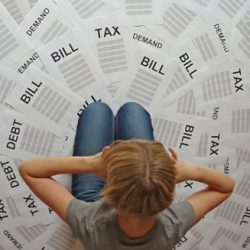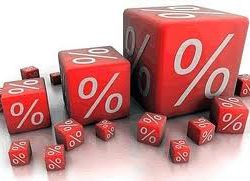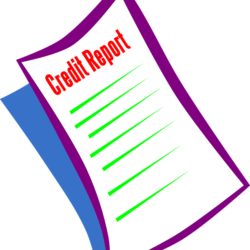You are constantly getting offered new credit card accounts but, it’s important to not have too many. If you open a new account because of a lower interest rate or a promotional offer, you should always close a current account you are no longer using or are replacing. Closing unwanted old credit accounts has many benefits including:
Helps to keep track of credit cards
Lowers the amount of revolving debt, helping you qualify for more loans
Keeps your credit report cleaner
Helps you avoid unnecessary fees
Prevents identity theft
To help you understand what you should and should not do when closing old credit card accounts, here are a ...
Read More...
Which is Right For Me: A Credit Card, Charge Card or Debit Card?
The answer to this question all depends on how you intend on using it. Many assume the term “charge card” is interchangeable with “credit card,” when they are very different. In the simplest terms, credit cards allow you to carry debt every month but charge cards don’t – they require full payment every month. Therefore, you can’t use them to get into debt. You also cannot get into debt with a debit card, which is linked directly to your bank account. Basically, you can only spend with you have. Here are the highlights of all three:
CHARGE CARDS:
Charge cards are a good option for people who want the convenience of using plastic but know ...
Read More...
8 Tips for Coping with Stress and Anxiety About Debt
Does your debt feel like it is taking over your life? Has it caused you to lose sleep? Is it causing tension or arguments with your loved ones? I recently wrote a post addressing some of the things you can do to overcome debt anxiety. Here are eight tips that should help you cope with your debt and allow you to deal with the emotional and mental issues it causes.
Accept that your debt is a problem - Before you can truly tackle your debt and the associated stress and anxiety, you need to admit that it is a problem. Debt creeps up on many people, building slowly over time. Your debt may have grown from a small, manageable amount into ...
Read More...
Getting Relief from Anxiety about Credit Card Debt
Anyone who has found themselves behind on their bills knows how overwhelming the anxiety about debt can be. Just missing one payment can send your finances in a downward spiral of only paying off interest and fees and never making actual headway on the balance. Many experience anxiety about their current finances and don’t know who to ask for help with their stacks of bills. There are a number of ways to get relief from debt anxiety, and this week on my blog, Facebook and Twitter, I will be addressing the steps to make an informed decision about your finances when you find yourself in this situation.
The first thing to consider if you are ...
Read More...
How Credit Card Interest Really Works
Despite the Credit Card Act of 2009 , the credit card industry is the only one that still has the right to change the terms of a contract after it has been signed. Many consumers sign up for a credit card when the interest rate is low, such as 7.9% per year. Then they miss a payment or are even just a few days late on a payment and the credit card issuer raises the rate. The new increased rate now applies for the entire unpaid balance on the card, even though the balance was charged when the old rate was in effect. It is this terrible cycle that keeps consumers in debt forever, because they end up paying interest on interest. Often, items ...
Read More...
Patterson Signs Bill Increasing Exemptions in Bankruptcy
Governor David A. Paterson announced on December 23, 2010 that he signed into law S.7034-A/A.8735-A, which will increase the amount of exemptions in bankruptcy proceedings and money judgments and provide a choice between State and Federal exemptions.
"During this time of economic crisis, it is our responsibility as public servants to protect those who are struggling the most," Governor Paterson said. "A reconsideration of the current exemptions, which in some cases have not been changed in decades, is particularly warranted when an increasing number of individuals find themselves in dire financial condition. Though this is not a perfect ...
Read More...
The Components of A Credit Score
Many lenders, such as banks and credit card companies use credit scores to evaluate the potential financial risk of giving a specific consumer a line of credit. A good credit score can mean lower interest rates or increased lines of credit. Most lenders start with your FICO score, which is a numerical figure based on previous and ongoing credit transactions. There are many components that can shape the results of your score, but there are five major factors that make a big difference:
Payment History
Creditors want to see that you have a history of paying your bills on time. Late payments will cause a score to drop considerably. In the ...
Read More...




 What Makes Me Different From the Others?
What Makes Me Different From the Others?